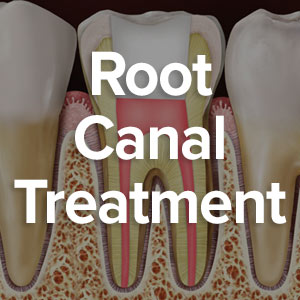
Every year U.S. dentists perform around 25 million root canal treatments and save countless teeth from the ravages of decay. But if you search “root canal” on the Internet, you might encounter an unsettling charge against this tooth-saving treatment—that it causes cancer.
Root canal treatments are routinely used when tooth decay has infected the pulp, the innermost layer of a tooth. During the procedure, we access the pulp and remove all the infected tissue. We then fill the empty pulp and root canals, seal the access hole and later crown the tooth to prevent further infection. Without this intervention, the decay can continue to advance toward the roots and supporting bone, putting the tooth in imminent danger of loss.
So, is there any credibility to this claim that root canal treatments cause cancer? In a word, no: there’s no evidence of any connection between root canal treatments and cancer—or any other disease for that matter. On the contrary: root canals stop disease.
As with other types of urban legends and internet hype, the root canal-cancer connection may have arisen from another discredited idea from the early 20th Century. A dentist named Weston Price promoted the notion that leaving a “dead” organ in the body led to health problems. From his perspective, a root canaled tooth with its removed pulp tissue fit this criterion.
In the mid-1950s, dentistry thoroughly examined Dr. Weston’s theory pertaining to treatments like root canals. The Journal of the American Dental Association devoted an entire issue to it and found after rigorous scientific inquiry that the theory had no validity in this regard. Another study in 2013 confirmed those findings. In fact, the later study instead found that patients who underwent a root canal treatment had a 45 percent reduction in oral cancer risk.
Given the freewheeling nature of the Internet, it’s best to speak with a dental professional about your oral health before trusting a post or article you’ve found online. Not only are they more informed than an unverified online source, they would certainly not knowingly subject you to a procedure to save a tooth at the expense of your health.
If you would like more information on root canal treatment, please contact us or schedule an appointment for a consultation. You can also learn more about this topic by reading the Dear Doctor magazine article “Root Canal Safety.”



